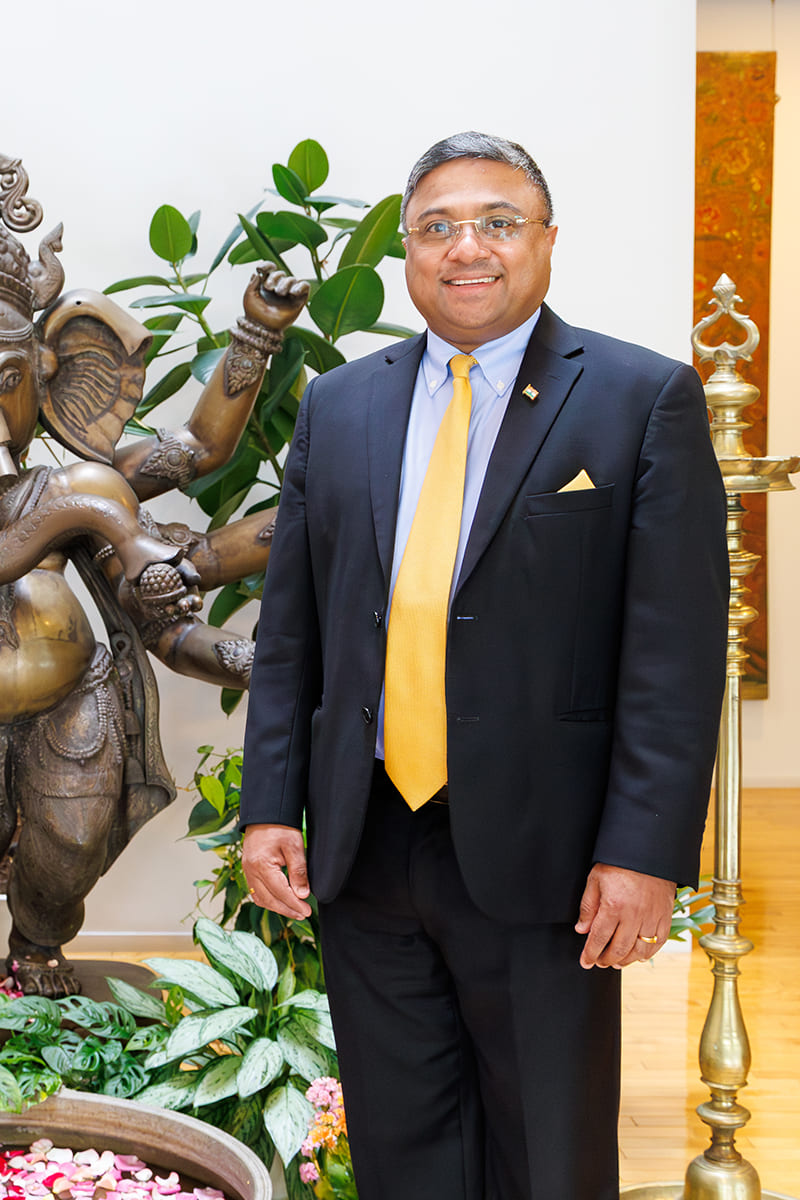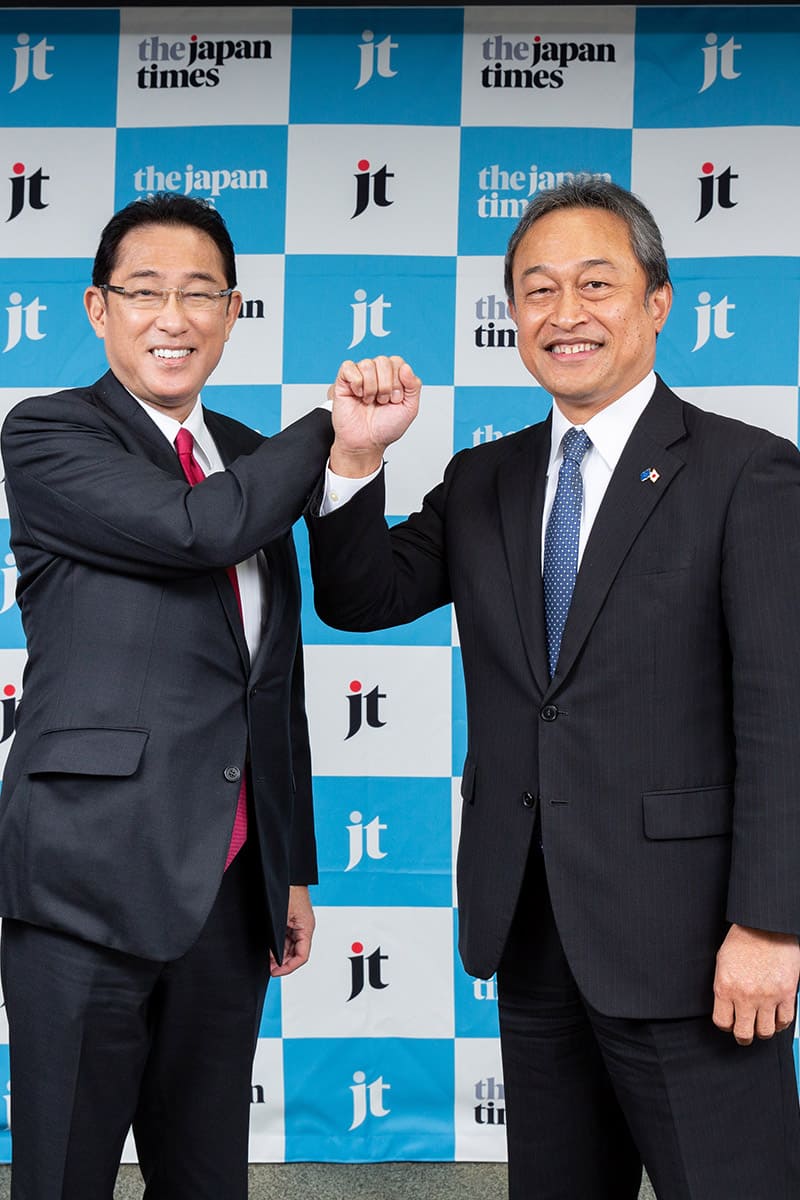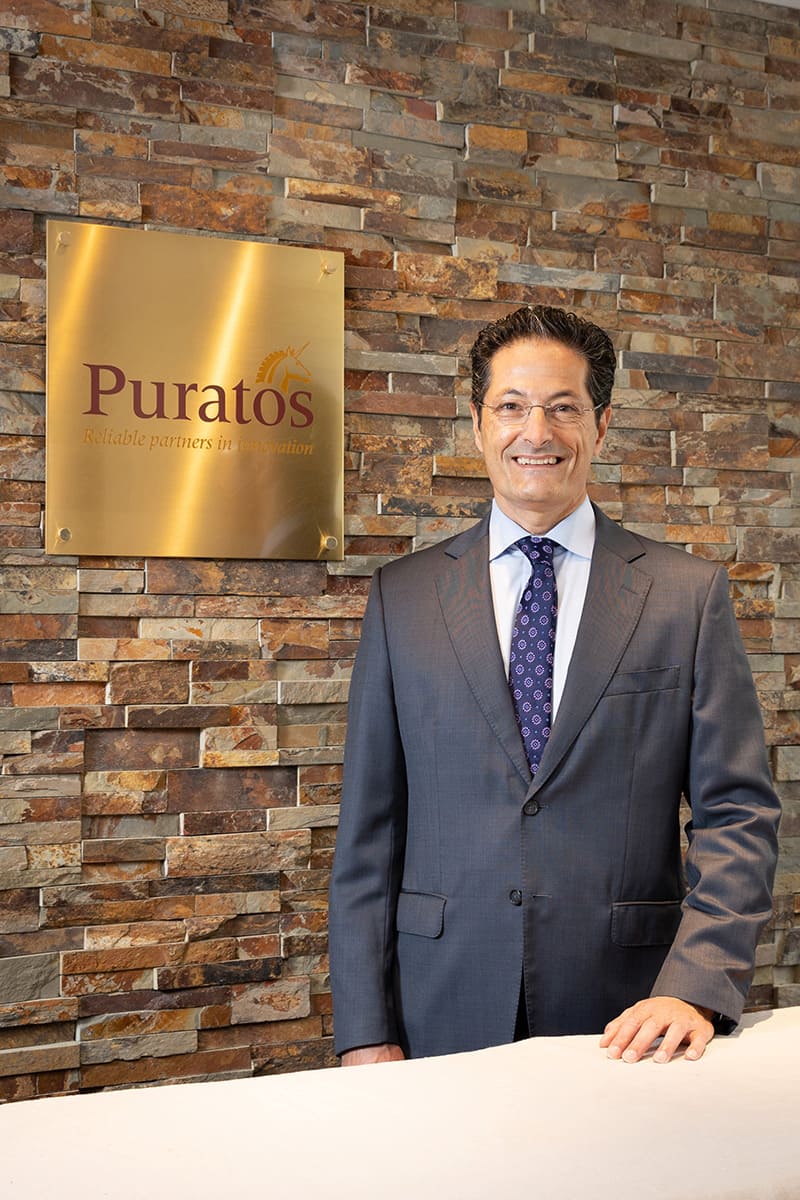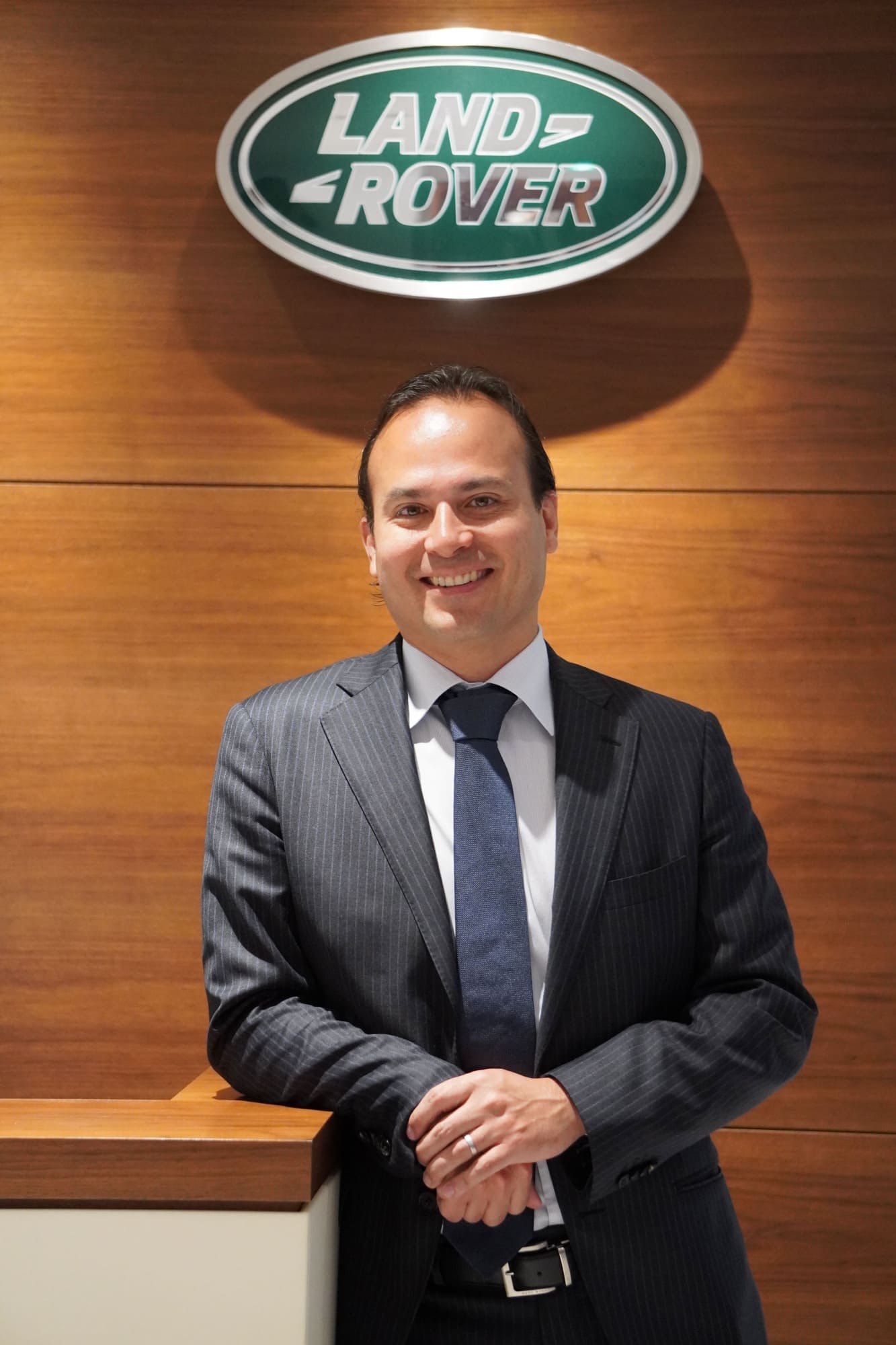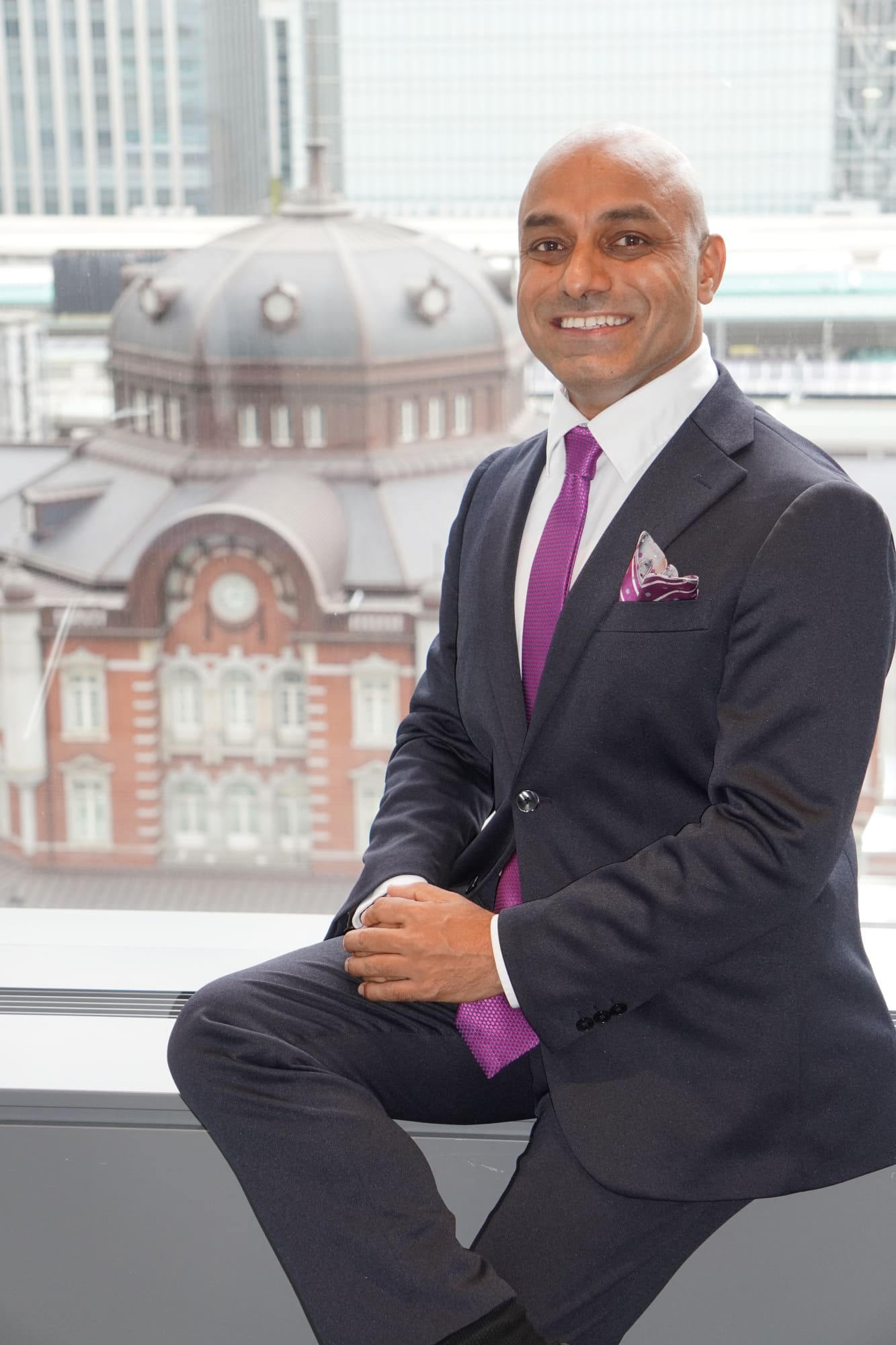
July 07, 2019
Potential in symbiotic ties, marketing yet to be tapped
Sanjeev Sinha expands on complexities that challenge India-Japan relations
BY MICK CORLISS
CONTRIBUTING WRITER
- Name: Sanjeev Sinha
- Title: President, India Japan Partnership Fund and Group; Founding President, IIT Alumni Association Japan
- URL: http://sanjeevsinha.com/
- DoB: Jan. 21, 1973
- Hometown: Rajasthan, India
- Years in Japan: 23
Sanjeev Sinha prides himself on being a pioneer. The longtime Japan resident is hoping that he can help Japan and India to pioneer a relationship that better benefits not only both countries, but also the greater global community.
From humble beginnings in a small town in India, Sinha began taking the path less chosen early on.
“I have somehow had the serendipity to do new things. I was the first person from my hometown to go to the Indian Institute of Technology (IIT Kanpur),” he said.
But this was only the beginning. He said encouragement from his elder brother, who faced the challenges of a poor countryside upbringing, drove him to excel and be the first person from his region in the desert town of Barmer to go to the prestigious university.
Sinha continued to go down the path less chosen. When he graduated with an integrated Master of Science in physics, he elected to cross the ocean to Japan.
“It was like I took the wrong flight. When I was graduating, many people were thinking about going to the U.S., not Japan. That hasn’t changed much. It remains hard to attract people from India to Japan,” he said.
While others in his generation were looking west with dreams of making a move to the U.S., Sinha looked in the other direction.
“I like to explore new things. That has always been my nature. I wanted to try something new. Japan fascinated me in terms (of) technology, particularly AI (artificial intelligence) and robotics. So, what brought me here was exploring new frontiers,” he said.
After a stint in Japan spent “exploring new frontiers” in AI in 1996, he moved on to the financial sector, working at Goldman Sachs, Mizuho Securities and UBS before becoming chief country representative for Tata Asset Management.
Today, Sinha is president of the India Japan Partnership Fund and Group, a corporate group of 30 companies he started in 2008. Operating in the capacity of a director at each of these companies, he plays a central role coordinating their businesses.
“I was also the first to create a company like this dedicated to India-Japan relations. We have a big group … that way we can confidently help Japanese companies go to India and companies in India come to Japan. We are quite broad and have a very holistic approach,” he said.
Sinha believes a stronger India-Japan partnership has unrealized potential just waiting to be tapped; in short, the nations have complementary qualities that make them something akin to a match made in heaven.
“Japan lacks human and natural resources. India has both and is good at global marketing, but lacks two things — capital and technology. Japan has both. This makes the countries a very good match,” said Sinha.
He believes the pair can develop a symbiotic relationship if Japan brings capital and technology to India and uses India’s resources and the country as a global marketing platform, not just a market to hawk its wares.
Sinha added that Indians are eminently suited to both global marketing and navigating multicultural situations, and for this reason are sought after by multinational companies in the U.S. and Japan.
“That is the strength of Indians, and something that tends to be lacking in Japan. Indians are very good at intercultural communication,” he said. “I think the reason is that Indians tend to think very deeply about everything. That is why differences in culture are not a big hurdle for Indians.”
However, while Sinha envisions a future of cascading mutual benefits, a few challenges have kept this win-win relationship in check.
“I feel that in India-Japan relations there is a chicken and egg problem. There are not many Indians in Japan, and vice-versa. So, people in India don’t know about Japan, and people in Japan don’t know about India,” he said. “There is not much interaction so things are not happening.”
The lack of mutual exposure may partially explain it, but he says cultural differences in approaches between the countries that can also slow things down — a second Catch-22.
“The Japanese don’t start until there is a plan, and Indians don’t plan much and love to be spontaneous,” he said.
Sinha shared that working in four different corporate cultures of the world — European, Indian, American and Japanese — has taught him a few things.
“In Japan consensus building takes a long time. Every department of a firm has to approve a decision. Japan depends on very meticulous and intense planning that I feel is too rigid for the modern situation. This approach works fine in Japan … but now the world is so dynamic and volatile. If you spend so much time on planning, by the time you finish your plan, the world has changed,” he said.
Nevertheless, over the past decades Japan and India have created a solid rapport at the leadership level. He stressed that Japan is the nation that Indians typically say they trust the most. Sinha seems to believe the political will for pushing ahead with a win-win relationship is there.
A case in point is the Indian bullet train that Japan will help finance to run between Ahmedabad and Mumbai, but which — unlike a Japanese shinkansen — is running behind schedule.
“The countries need a push to move the relationship forward and this project could be that push,” he said.
Bridging birth land and adopted home
Sanjeev Sinha’s life has taken him from the small, rural Barmer district of Rajasthan, India, to the gleaming skyscrapers of Tokyo. During more than two decades in Japan, he has promoted bilateral interactions among industrialists, politicians and others in the land of his birth and his adopted homeland. After bouncing around the financial sector at major banks and investment banks, he struck out on his own by establishing the India Japan Partnership Fund and Group. The group’s 30 companies coordinate activities as they serve as a gateway and facilitate the business of companies in India and elsewhere. He has helped Indian startups find financing from Japanese tech companies and remains dedicated to serving as a bridge that can help forge win-win relationships between India and Japan. He has also authored four books that shed light on doing business in India and advocates a closer economic relationship to benefit both nations.

